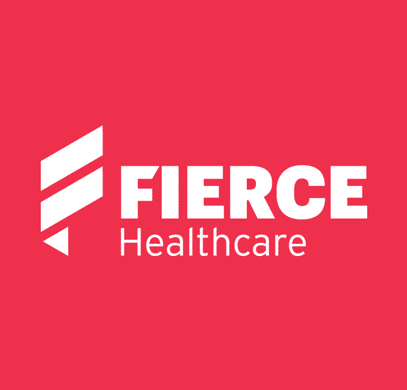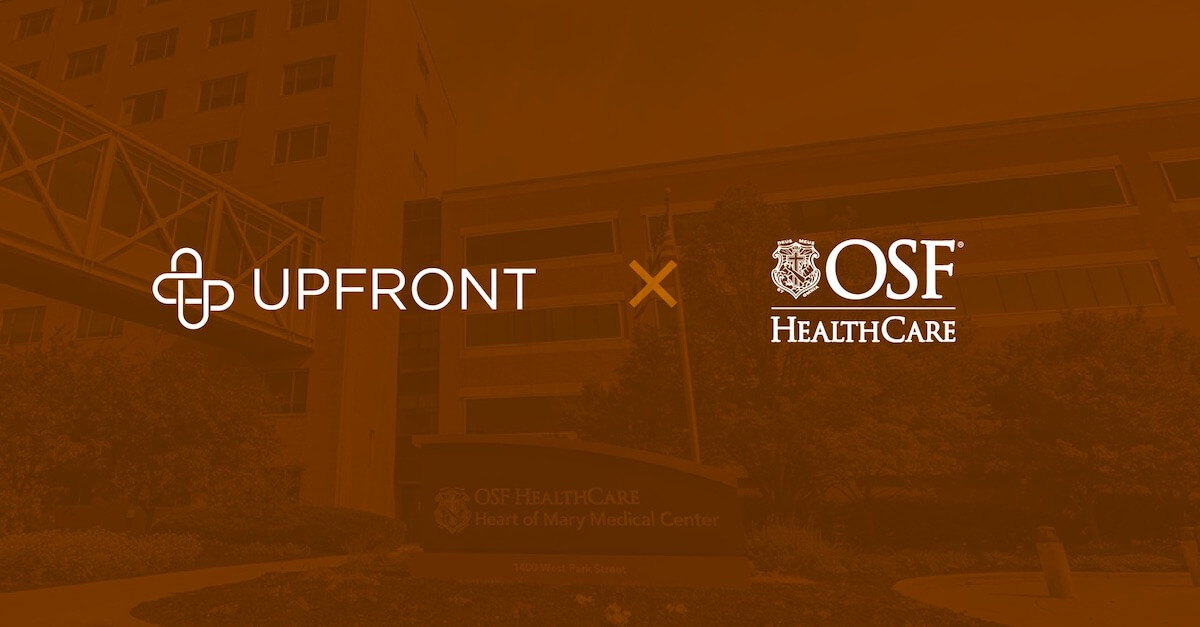According to the American Hospital Association, “bundled payments can align incentives for providers – hospitals, post-acute care providers, physicians, and other practitioners – and encourage them to work together to improve the quality and coordination of care.” For procedures like hip and knee replacements, a single payment/reimbursement covers an entire episode of care. This carries with it a measure of cost certainty for patients; however, providers face considerable downside risk if their patients experience complications that lengthen recovery time. Patients recovering from these procedures are handed off from surgeon to receiving home care to outpatient physical therapy and, without seamless coordination, complications can easily occur. Given the possibility for setbacks, how can providers effectively thread the needle between navigating patients on this journey and maximizing the value of every patient interaction to prevent cost overrun, staff burnout, and negative patient outcomes?
Allina Health, a not-for-profit health system caring for patient populations in Minnesota and Western Wisconsin, was faced with just this challenge. As a trusted partner to both professional and amateur sports teams in the region, Allina Health’s orthopedic team is comprised of “Minnesota’s very talented, highly accomplished providers” all working together to ensure positive outcomes for everyone from professional soccer players to active retirees to high schoolers still in the prime of youth. With thousands of patients to care for each year, Katie Lorenzen, Safety and Quality Advisor for Allina Health’s Orthopedic Clinical Service Line, understands that when it comes to bundled payments total joint replacement programs for hips and knees, Allina Health must walk a tightrope between quality and cost.
Like any truly great health system, Allina Health sensed that it could improve upon what was already an award-winning orthopedic organization. Patient-reported survey collection hovered between 25-28 percent, requiring clinicians to spend valuable time collecting this information from patients and mailing surveys to their homes. Telephone outreach conducted by clinicians was expensive and inefficient, and readmissions resulting from a lack of communication more than actual complications impacted the bottom line even further.
“Total hip and knee replacements are immersive patient experiences with lengthy recovery processes, much of which occurs beyond the hospital’s four walls,” said Lorenzen. “To deliver successful patient outcomes, we knew we needed a way to manage a patient’s expectations throughout the care episode, to engage and educate them to expect and overcome real or perceived setbacks.”
In the Fall of 2020, Allina Health partnered with Upfront Healthcare to re-invent the patient-provider relationship and transform how valuable health information gets exchanged with their Total Hip and Knee Replacement (TJR) patients. In conjunction with Lorenzen and Allina Health’s subject matter experts, Upfront’s Health Communications team crafted proprietary content for Allina Health’s patients based on pre- and post-operation experience to be deployed via personalized landing pages called microsites throughout a patient’s “Journey.” Links delivered via SMS text or email guaranteed that TJR patients would not have difficulty accessing vital educational and symptom/pain management materials. The microsites contained a mix of carefully curated language, videos, and interactive patient surveys to collect data such as pain, range of motion, and other relevant points to help determine whether clinical intervention was necessary. This data is seamlessly integrated into clinical workflows and was critical in identifying areas where nurse intervention was truly necessary.
Allina Health enrolled 1,000 patients in Upfront’s Care Journeys program and measured their outcomes against a similar-sized group managed under Allina Health’s previous guidelines. The improvements across the twenty months the study ran were dramatic. Upfront microsites received a 93% click-thru-rate, leading to 53% survey completion (as opposed to 25%-28% previously) and a 33% reduction in 15-day readmissions. With more survey information collected digitally from patients, along with visibility into what to expect along the journey, Allina reduced operational workload by more than half an FTE, and reduced readmission costs to the system by nearly half a million dollars. Patients engaged with the microsite at a rate 365% greater than industry average through digital communications, indicating they found the content both easy to access and valuable. With SMS opt-out rates at less than 3%, patients found it valuable to stick with the journey throughout their recovery.
“The data speaks for itself in terms of Upfront’s impact, but what’s harder to quantify but just as important to capture are the positive comments we get from patients and staff alike,” said Lorenzen. “We’re able to clearly lay out the twists and turns their recovery will take to help them anticipate and overcome setbacks and celebrate milestones.”
Following on from the success with TJR patients, Allina is partnering with Upfront to expand this functionality to additional use-cases. Upfront is also partnering with Allina Health to build out interfaces into clinical flowsheets to better capture and record patient-reported outcomes.
Patients responding to the sentiment survey within the care journey are reporting 92% satisfaction with the journey as a digital experience. “Our goal is to make the experience at Allina Health seamless for our consumers,” said Chris DuFresne, VP, Experience for Allina Health Marketing & Communications. “Upfront Health journeys is a great example of how we are simplifying the consumer experience while improving outcomes at the same time.”





